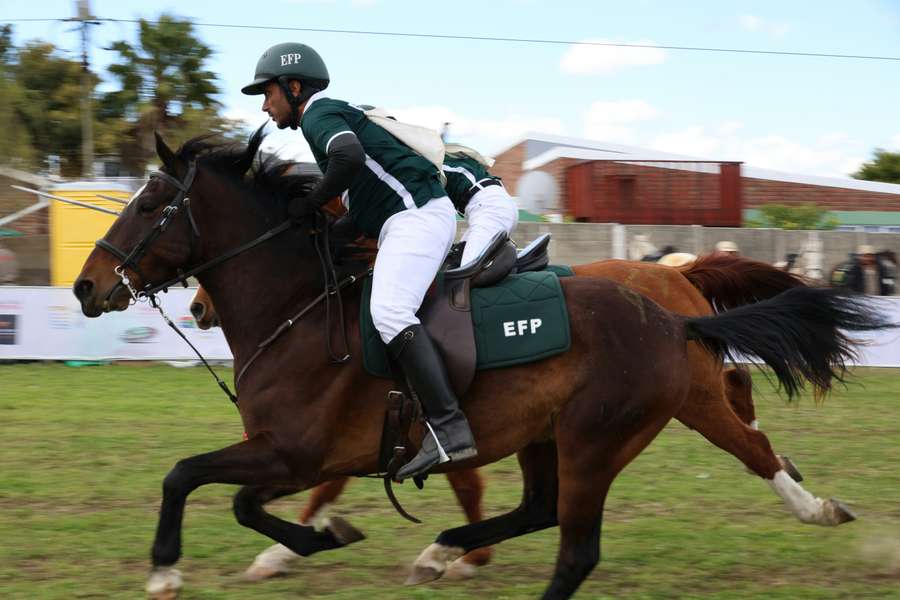How can punters spot the most powerful horse in a race?

To increase the chances of picking a winning horse, punters must assess several key factors, including the horse's recent form, race class, pedigree, track conditions, jockey expertise, and overall fitness.
Each of these elements plays a vital role in determining a horse's potential to succeed on race day.
Additionally, bettors can enhance their decision-making by considering betting tips and suggestions. For example, a punter looking to wager on a race today may review the latest today's naps to see which horses have the best odds of winning big.
By combining all of these factors with strategic insights from experts, punters can improve their chances of identifying the strongest horse in any given race.
One of the most critical things to assess is the horse's recent form. A horse's performance in its previous races gives a good indication of its current condition and how it might perform in the upcoming race.
For example, Mystik recently won the Kentucky Derby and bettors should review this race and prior races before wagering on the horse. If the horse has shown consistent results, finishing in top positions or improving steadily, it's likely in good shape for the next race.
However, it's important not just to focus on wins but also to analyse where the horse placed in comparison to the competition, how it performed under different race conditions, and if it faced any challenges such as weight burdens or poor starts.
So, keeping an eye on daily analyses, as mentioned above, always provides added value to every bettor's combinations.
The class of the race is another crucial consideration. Horses that have been competing in higher-class races may have faced tougher competition, which could sharpen their skills, making them stronger contenders when they drop in class.
Conversely, horses that move up in class will face tougher rivals, which might affect their chances. Assessing the class of the race can help bettors gauge whether a horse is likely to dominate or struggle, depending on the competition it faces.
Pedigree also plays a significant role in horse racing. A horse's lineage can give valuable insights into its potential for speed, stamina, and racing style.
Horses bred from strong racing lines are often more likely to succeed, especially in particular types of races. For example, some pedigrees are better suited for sprint races, while others excel in longer-distance races.
Studying a horse's bloodline can offer clues about how it will perform under various race conditions.
Jockey expertise should not be overlooked either. An experienced jockey can make all the difference in a horse's performance.
Some jockeys have better chemistry with certain horses or have a proven track record of winning with specific racing strategies.
A skilled jockey knows when to push the horse, how to navigate difficult sections of the track, and how to position the horse for the best possible chance of winning.
For example, jockey Rachel Blackmore saw a recent victory with thoroughbred Captain Guinness at Champion Chase.
By carefully evaluating these key aspects—form, race class, pedigree, track conditions, jockey expertise, and fitness—punters can increase their likelihood of picking the most powerful horse in the race.
With the help of strategic betting tips, punters can refine their approach to betting and maximise their chances of winning.
Sponsored content: This article does not represent the opinion of the publisher.

